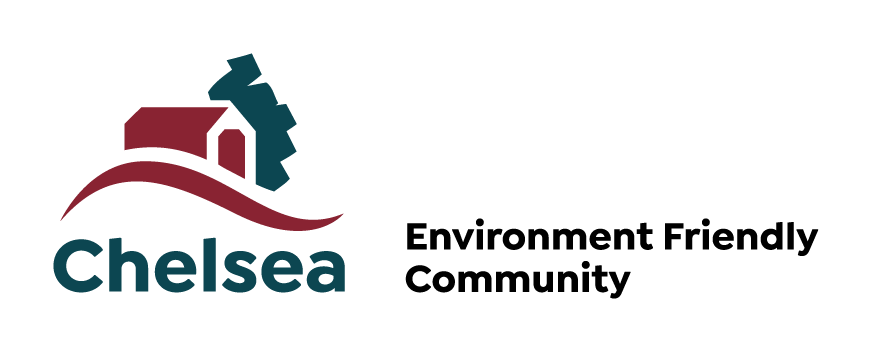Animals
Read this page carefully should you wish to purchase an animal or have questions about the procedures and the list of animals accepted.
Access detailed information about animals in the regulations available here (French only).
Domestic animals
Domestic animals permitted within the boundaries of the municipality of Chelsea include dogs, cats, fishes, small pet rodents (mice and rats), miniature rabbits, amphibians, and ferrets.
You can consult Légis Québec's Regulation respecting animals in captivity to find out the species and number of native amphibians and reptiles admitted to custody.
Anyone wishing to keep one or more agricultural animals within the municipality's boundaries must be located in the agricultural sector or in an authorized sector, in particular where these uses are recognized by the Municipality.
Any keeper or person in charge of agricultural animals who must have these animals cross the public roadway must ensure that it is done safely.
The following birds are also accepted:
- Capitonidae
- pigeons
- emberizidae
- irenidae
- religious mainata
- musophagids
- ploceids
- psittacids
- pycnocotids
- ramphasids
- timiliids
- turdidae
- zosteropids
License
All dogs must have a license, available at a cost of $25 per year. Each license is valid from January 1 to December 31. Owners can obtain one from the Service de protection des animaux within 15 days of adopting the dog or moving into the municipality.
Licenses for guide dogs and farm dogs are free of charge.
Lost or destroyed licenses and certificates may be replaced at a cost of $2.
With the exception of farmers, there is a limit of three dogs per household.
For specific regulations applicable to dogs on the territory, please refer to by-law 21-RM-02.
Exotic animals are permitted with the exception of:
- Crocodilians;
- Poisonous lizards;
- Poisonous snakes;
- Boas, pythons, anacondas and any snake that can reach three metres in adulthood;
- Wheat snakes or corn snakes;
- Marine turtles as well as green turtles with red ears.
The custody of a maximum of two horses or two alpacas is permitted under the following conditions:
- Horse or alpaca care is only permitted on lots located outside the multifunctional centre-village and Farm Point;
- The required lot, where horses or alpacas are kept, must be a minimum of 1.6 hectares (4 acres);
- The stable or shelter must not exceed a floor area of 95 square meters. This ground area shall not be taken into account in calculating the maximum ground area set out in subsection 4.3.1;
- The manure storage area must be located at a minimum distance of:
- 30 meters from any well;
- 30 meters from any watercourse or lake;
- 15 meters from a property line.
In addition, manure storage must be on a concrete slab and protected from weather conditions to prevent leachate runoff into the environment. Also, a liquid accumulation device must be part of the concrete slab. In order to keep manure on the lot, 1.2 hectares of pasture or crop area per animal is required. Failing this, a land application agreement with a farmer must be submitted to the Municipality.
The grazing or exercise area must be located at least 15 meters from any watercourse or lake.
Tree cutting is not permitted for the purpose of providing a grazing or exercise area for animals or for the purpose of providing for the expansion of an existing area.
If you have any questions about keeping laying hens, please contact us at urbanisme@chelsea.ca.
The following mammals and birds are also accepted:
- Chincillas
- Guinea pigs
- Common degus
- Gerbils
- Jerboas
- Hamsters
Information
Public Works and Infrastructure Department
This page was last updated on October 1, 2025

